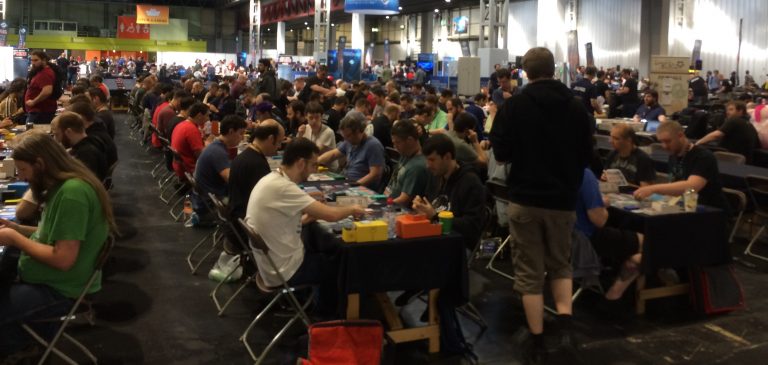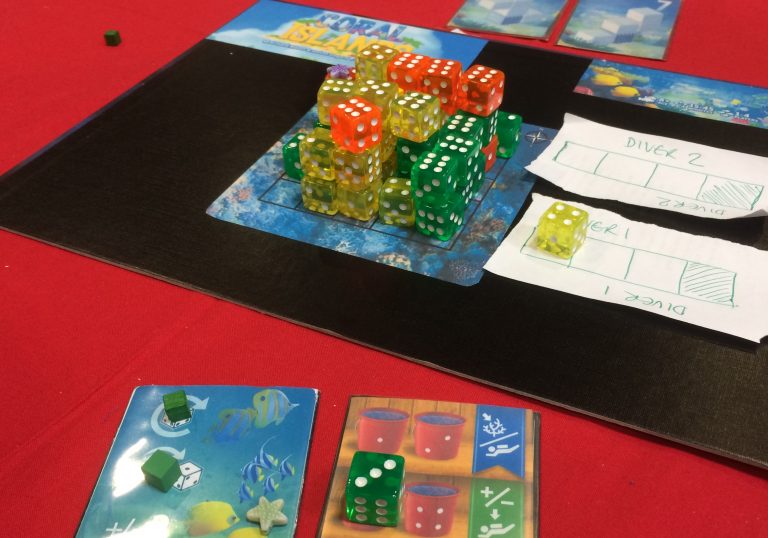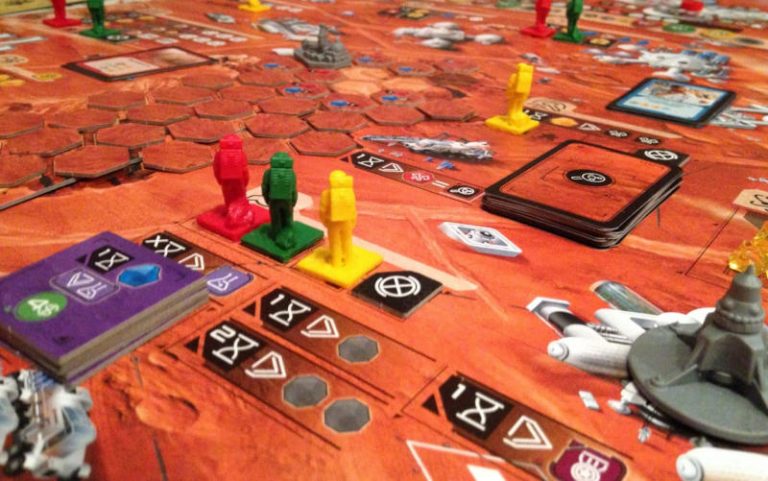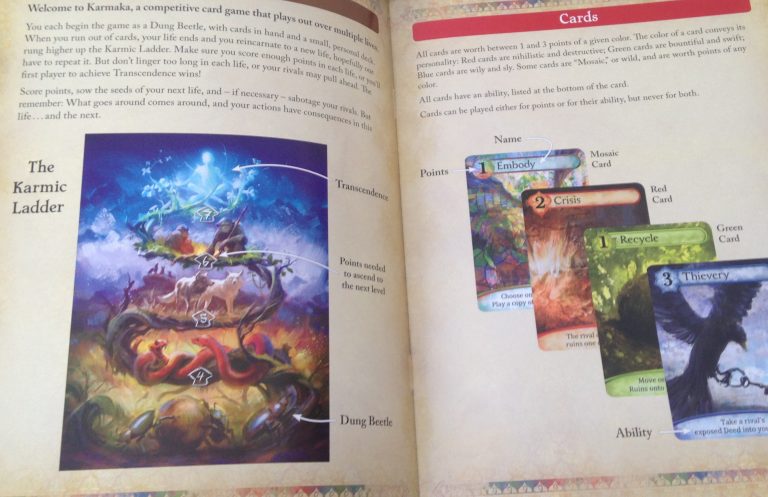You're barred
If you play tabletop games with friends or maybe even in a games group, you may have come across certain taboos. There are things that people don't like you doing. Some of these are to with ensuring that there is no cheating, others are about keeping a game in pristine condition, others are just some sort of personal house rules or traditions. Different people or groups will have different rules, and many will seem obvious or sensible, but others may feel unusual.





